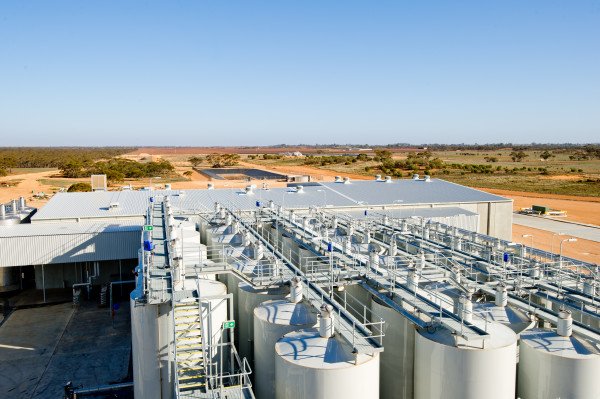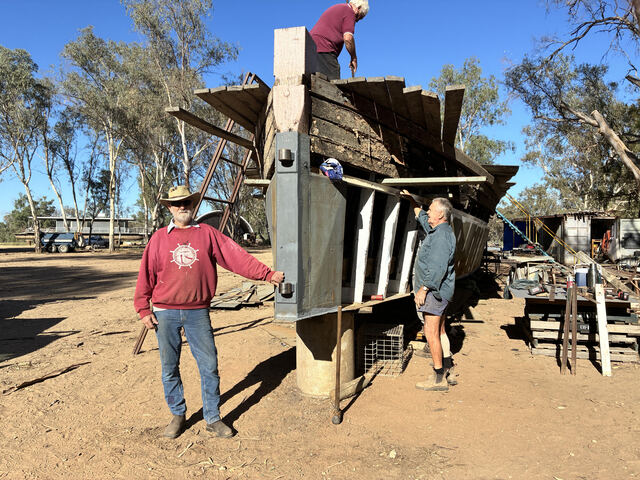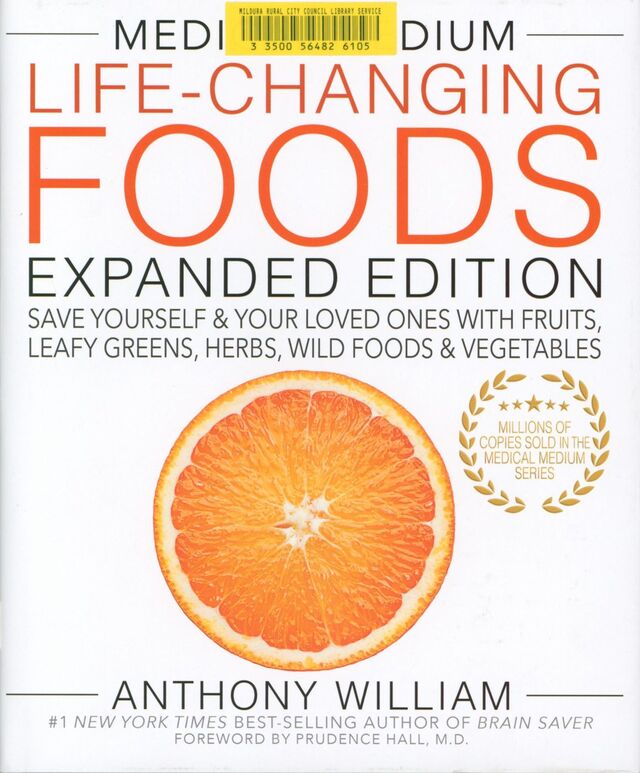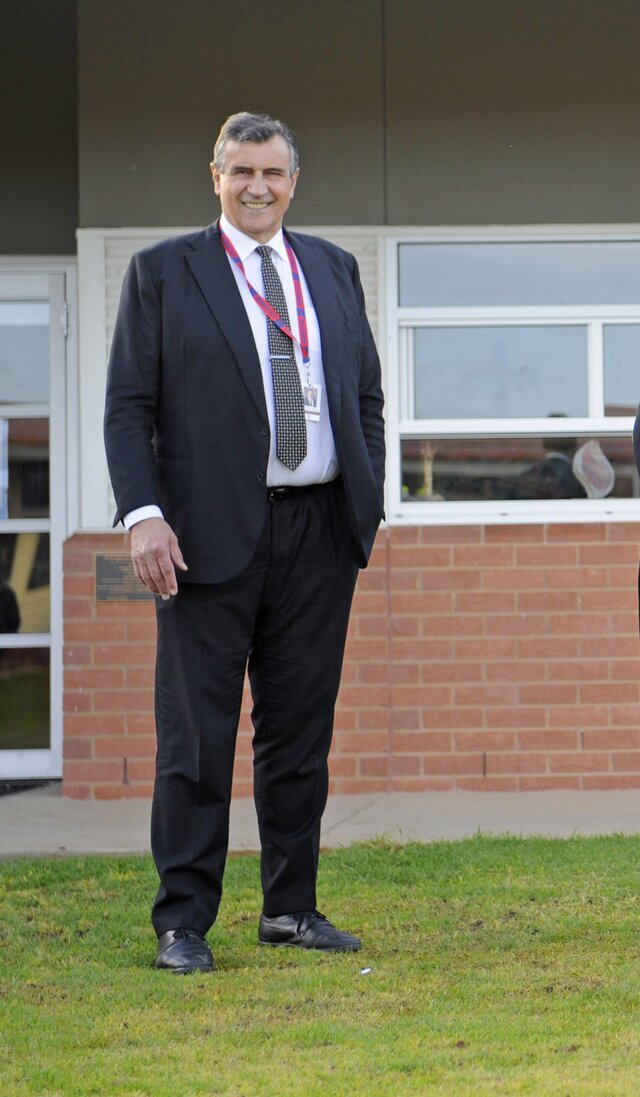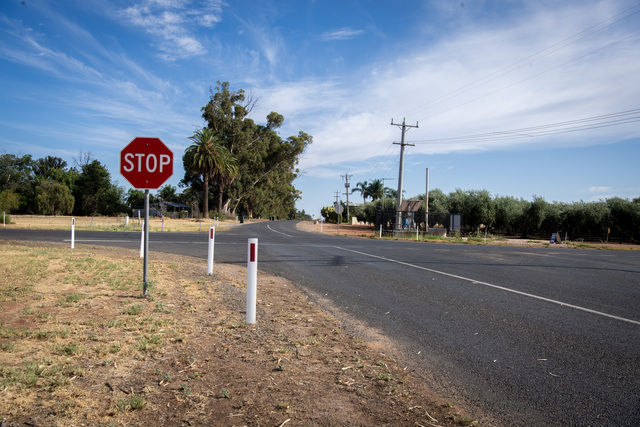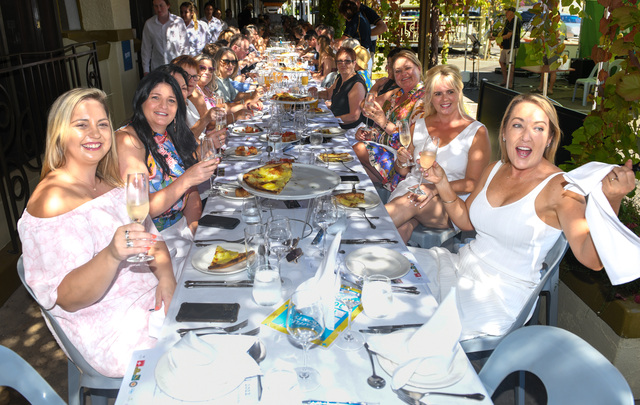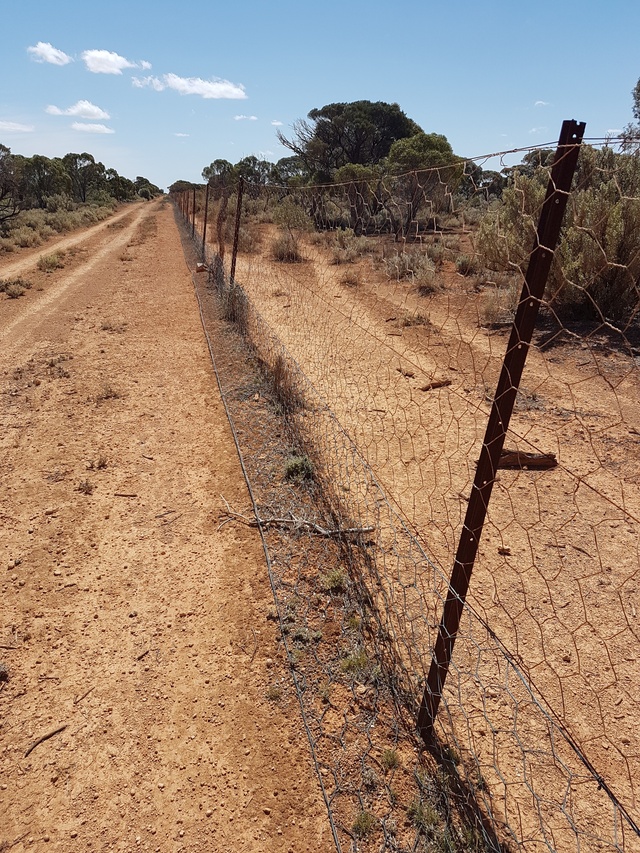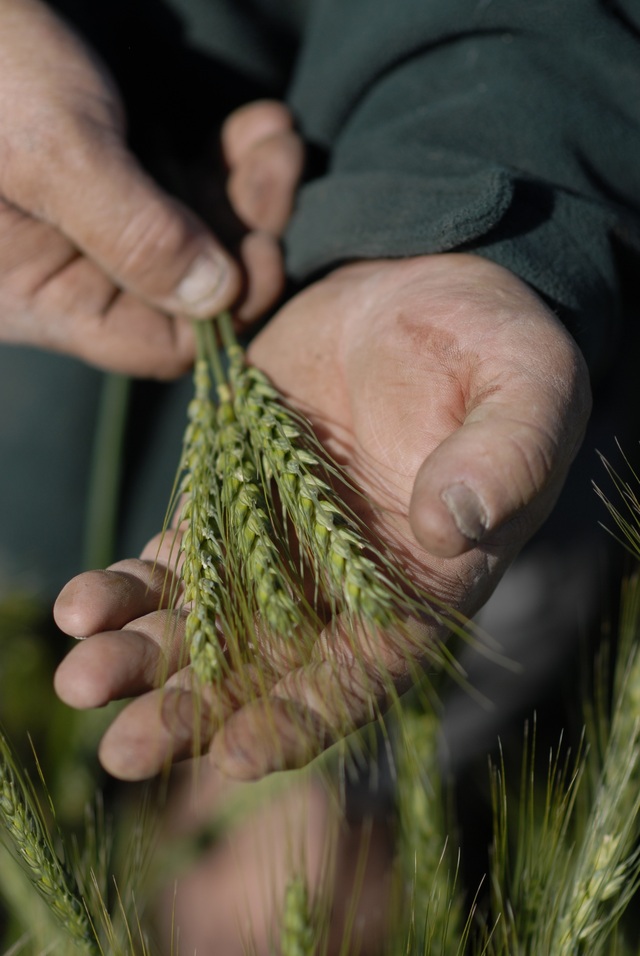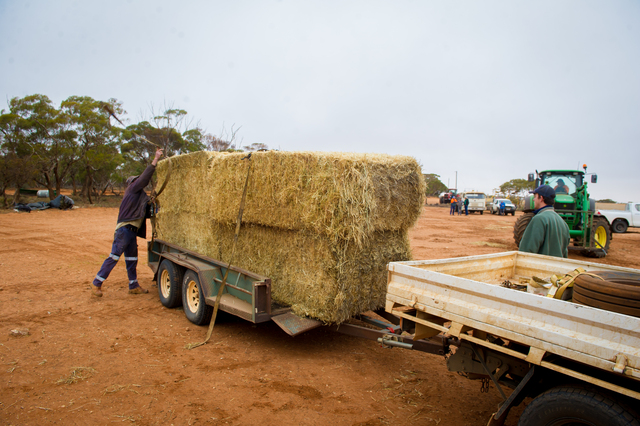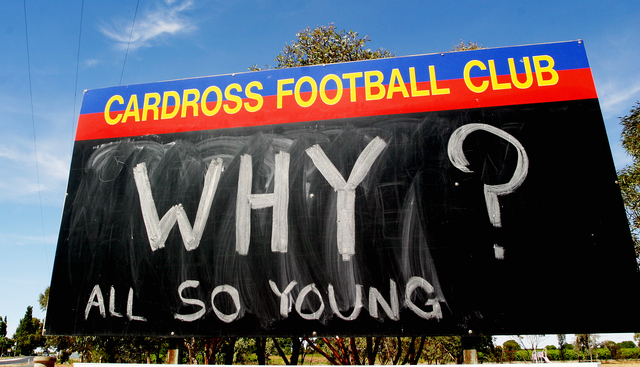A CHINESE-owned winery in Sunraysia will dodge paying a hefty new China-imposed tariff for the product it ships back home under a loophole that few of its Australian-owned competitors in the $1.28 billion-a-year export industry can match.
Weilong Wines, which has a new $85 million production site about 8km south-east of Red Cliffs, sends most of the wine it produces from three Victorian farms to China in 24,000-litre bulk containers.
READ MORE: Australian winemakers can look to UK and US, says industry
This is in contrast to the packaged – bottled and labelled – product the majority of local exporters send to the Chinese market.
It means Weilong, the third-largest winemaker in China, will avoid the new tariff, which ranges from 107 per cent to 212 per cent on bottles of two litres or less.
China’s Commerce Ministry said on Thursday it would impose further temporary anti-subsidy tariffs of 6.3 per cent to 6.4 per cent on imported Australian wines.
Sunraysia Daily can exclusively reveal the brutal economic reality of the tariff on small local wineries such as Trentham Estate, located just a 30-minute drive from the Weilong site on the banks of the Murray River.
Trentham Estate is set to cop an $80,000 whack as a container of packaged wine it sent last month faces lengthy clearance delays at a Chinese port.
“We’re worried because our latest container is stuck in customs over there,” Trentham Estate managing director and chief winemaker Anthony Murphy said this week.
“It’s been two weeks now and we just missed getting in (before the tariff came into effect on November 28).”
He said the tariff on Trentham Estate was likely to be at “the highest end” – and comes on the heels of an already crushing year due to COVID.
“We’re expecting it will be the 212 per cent,” Mr Murphy said. “But we’re not sure if they’ll value it on our wholesale or cost price.
“There’s a lot of uncertainty, but it looks like we’ll have to pay $60,000 to $80,000 to get it released.
“We don’t want to dump the wine, but once we know the figures, we’ll see if it’s worthwhile paying it and hopefully this (political impasse) will be over in the next six to nine months.
“Once the dust settles, maybe (the politicians) will start talking some more sense. We don’t want to lose our markets.”
He said his winery sent six containers each year to the China market, which comprises 15-20 per cent of Trentham Estate’s business.
“We’ve been in China for a long time, but it’s a difficult market,” Mr Murphy said. “You have to put a lot of resources into it.
“We went on quite a lot of visits there, with trade shows and all that, and we were just starting to see growth there, and then this tariff arrives.
“Now that this has happened, it’s not really (a market) that we’re going to chase too hard.”
The Daily understands there is at least one other winery in Sunraysia that has multiple containers of packaged product stuck in customs at a China port as it also faces a hefty tariff.
Treasury Wine Estates, which has strong ties to Sunraysia, faces turmoil as China is its largest export market.
On the day of China’s punishing tariff announcement on November 27, shares in the country’s biggest wine company tumbled by 11.3 per cent to $9.23, wiping about $850 million from its market capitalisation, before it went into a trading halt.
Treasury Wine Estates, makers of Penfolds, Wolf Blass and Lindeman’s (which has a winery at Karadoc), said it would be implementing a series of measures “to reduce the impact of the tariffs”.
It will reallocate its popular Penfolds Bin and Icon ranges from China to other key luxury growth markets around the world.
“There is no doubt this (new tariff) will have a significant impact on many across the industry, costing jobs and hurting regional communities and economies which are the lifeblood of the wine sector,” Treasury’s chief executive Tim Ford said.
Duxton Vineyards, a large-scale grape grower in Buronga, is another already feeling the pinch of the Beijing bullying tactics, even though it sends wine to China in bulk containers.
“We don’t send bottled product into China, but we’re impacted by the bulk supply to third-party bulk customers,” Duxton general manager Wayne Ellis said.
“(The new tariff) has definitely impacted us. We’ve already had cancellations for orders.”
He said there had been other bulk containers of wine recently “turned back” from China and “orders cancelled”.
“This will inevitably lead to a fall in the bulk wine prices, which hurts us,” Mr Ellis said.
“For us as a grape grower, we don’t sell a lot of fruit to third-party wine businesses. We process it all into bulk wine. And this will probably lead to a saturated market (of fruit).
“No one knows what the full impacts will be, but it’s going to be a massive blow to the industry.”
Zilzie Wines, located across the road from Weilong near Red Cliffs, sends bottled wine to China. It declined to comment on the new tariff.

